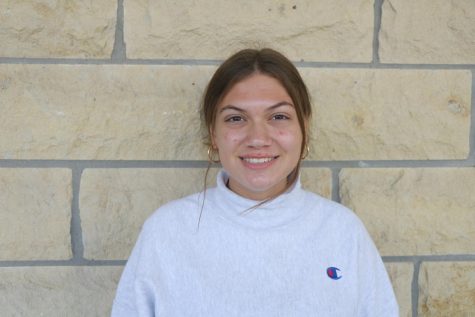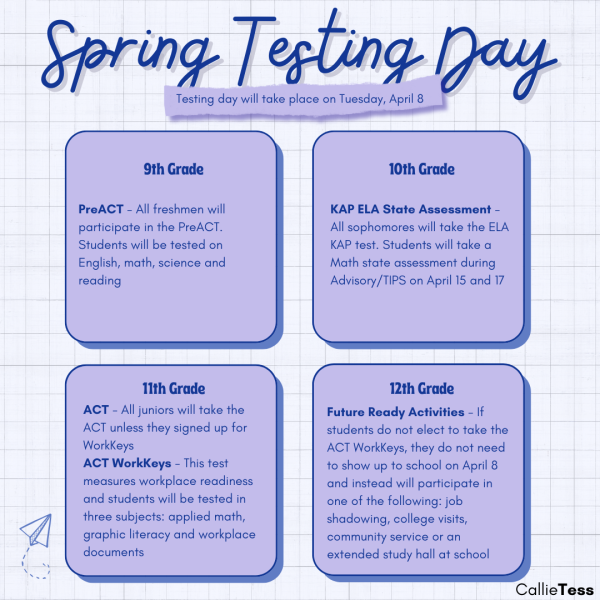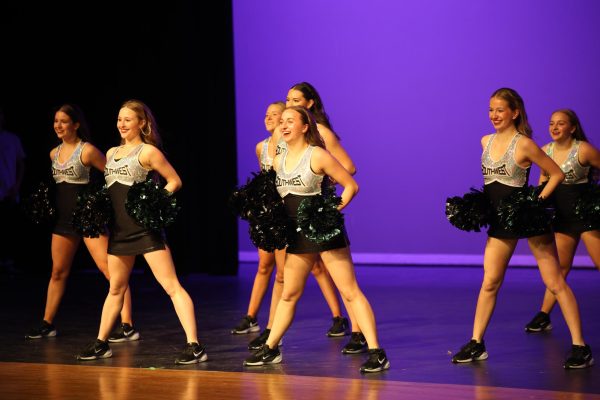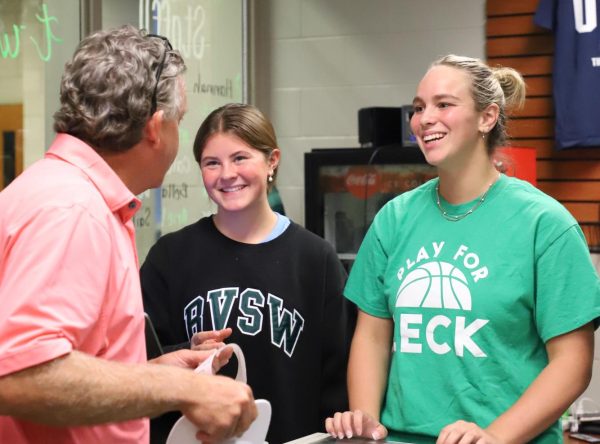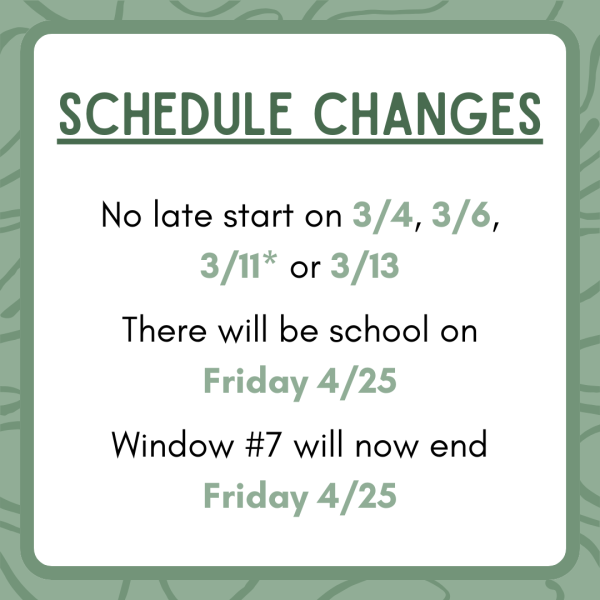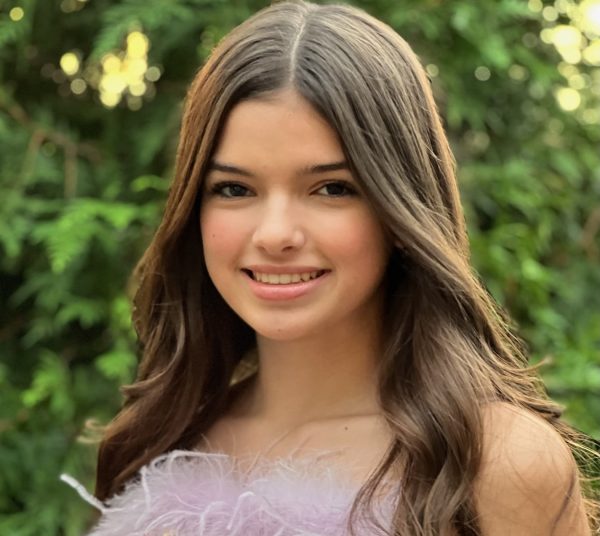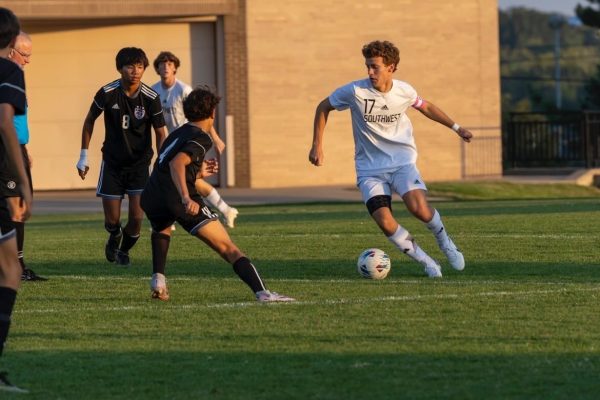Politics? No thanks.
Students share why they are disinterested in politics
Politics have always been a contentious topic, and it can be difficult for adolescents to find their own political views in all of the chaos. Between arguments, name-calling, and scandals, some students, like junior Anna Pemble, simply tune out all of the political noise.
“What made me not super into politics was that my parents are just really into it, and I’m just around them and them watching the news a lot … I kind of just stopped listening at one point,” Pemble said. “There is a lot of controversy on it and I just don’t like getting involved.”
Parent or sibling involvement in politics is a common repellent for students who are not as interested. Sophomore Rhett Krewson said he also feels disengaged compared to his family’s devotion.
“My parents are politically involved, and especially my brother, so I’m kind of the odd one out,” Krewson said.
The controversial topic is not easily agreed on and can cause a lot of unsettling tension within different relationships. Freshman Alexis Dominic said politics is one of her least favorite topics.
“Right now, it’s just super controversial, and I feel like everybody’s political opinion is like defining relationships, friendships, and it’s probably best to stay out of it,” Dominic said. “They’re making their assumptions about a person based on their political view, and I don’t want to be judged on my political views, so I’m just going to keep to myself.”
Politics can lead to a tense conversation, especially when there are differing opinions. Pemble said navigating those conversations can be difficult.
“When other people start talking about it and get very intense in the conversation, that starts to make me uncomfortable because I’m partly uneducated with everything that’s going on,” Pemble said. “I’m aware of everything, but not enough to make me really into a conversation.”
Despite being uninvolved overall, there are some areas of politics that spark an interest. Krewson said he finds the economy to be the most engaging topic.
“I’m passionate about people in the House or government officials when they talk about making more jobs and helping the economy,” Krewson said. “Any debate or discussion that always comes up, that’s something I look forward [to] or look toward.”
In a world when everything is available with the touch of a button, so many opinions and perspectives are easily accessible. Being aware of bias in different sources may greatly affect one’s perception of politics and issues.
“Nobody really has their original, their own political view. It’s based on what they hear, what they know, what they watch,” Dominic said. “Everything is biased, so you’re not really able to form your own view on politics.”
Social media continues to increase in teenage lives, and, with that, the platform to share personal opinions increases, as well. Social media and the political impact that one post can have is reflected in the sheer amount of political posts.
“When people post on social media for one person or the other, or against one person, they really aren’t changing anything. It’s just noise and drama,” Krewson said. “But it’s also them telling people what is happening or what they should be doing as advice.”
Pemble said listening to everyone is the most helpful way to look at different perspectives, but she thinks it’s easier to be open when she doesn’t have a strong opinion.
“I definitely have an open mind to other political views,” Pemble said. “I think every person has a story, and every different view has something to say.”
Krewson said he has formed his own political opinions and has done his best to limit the influence his family has on him.
“I definitely have my own [opinions], and I say it’s a good mixture between both parties,” Krewson said. “I formed mine off of my own interests, and my own needs and wants from our government and my personal life.”


